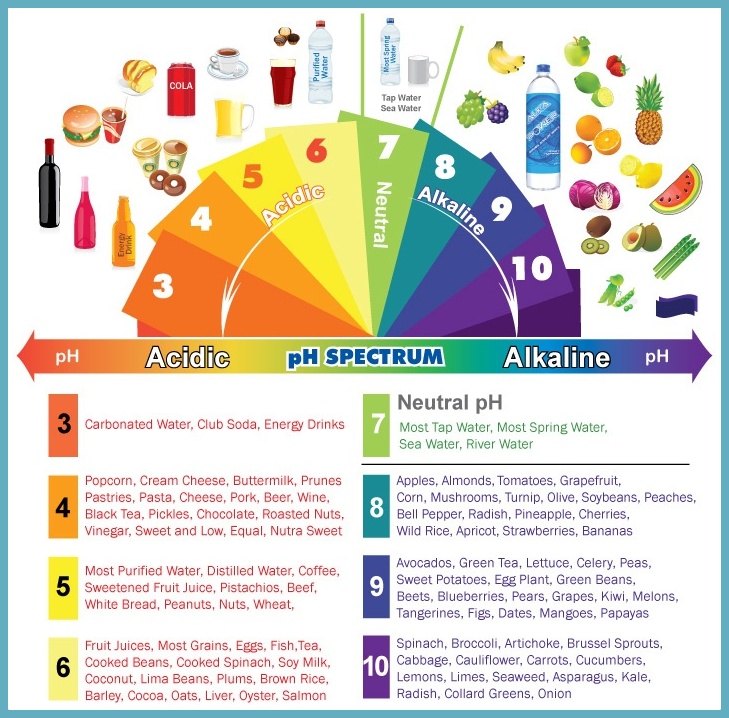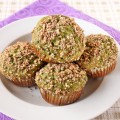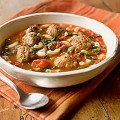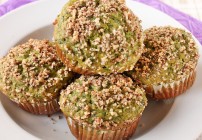These days, we have started relying on packaged food for most of our nutrition needs, and while some people still prefer to go Organic, or make 3 meals a day at home, sometimes its just not possible to achieve these targets, given our increasingly hectic lives! While packaged foods are convenient, they are loaded with preservatives to increase shelf life, which also leads to another serious problem of Indigestion. Indigestion can be a painful and embarrassing condition for the sufferer. There are numerous causes, but the most common of these is connected with your diet and here are some common foods to avoid if you suffer from the condition. Ready-made foods that are loaded with Sodium or artificial preservatives, high sugar content, high spice content – they all make it harder for the stomach to digest the food, and can inflate the lining in the stomach, leading to bloating or indigestion.
Most people reach for a bottle of Antacids as soon as they feel these symptoms. Medication is fine for immediate relief, but it is never a long-term solution. And I say this because I have two member in my family who suffer from chronic indigestion, which can in turn lead to heartburn or even constipation. So if you are looking for permanent relief, you will have to change your diet, and start avoiding foods that trigger Indigestion in the first place.
Take a look at the chart above for a comprehensive list of foods that can cause acidity and heartburn, based on pH levels. This will help you choose the foods that are good for you and easy to digest, making it an easy and smart choice. Here’s a concise list of foods to avoid if you are ready to take the step to good health. Image courtesy of mindbodygreen.com
Foods That trigger Acidity & IndigestionCitrus Fruits
While citrus fruits are great sources of Vitamin C, and should definitely be included in your diet, they are also on the top of the list for foods to avoid if your heartburn is intolerable. Excess acid can play a large part in your experiences with indigestion, so avoid these foods, especially before bedtime.
Spicy Foods
Other foods to avoid, especially on an empty stomach, include garlic, onions, and spicy foods. These can all trigger indigestion, but you don’t have to give them up completely. Instead, limit your intake and reintroduce the foods slowly once you’ve stopped suffering from the condition. Again, avoiding these items before bedtime is highly recommended.
Alcohol
Alcohol intake can affect indigestion in numerous ways, so limiting your intake is highly recommended. We all know that it does way more harm to our mind and body other than acidity, and can lead to more serious problems. So it should be a no-brainer to cut on your intake, and especially refrain from late night drinks.
Dairy
Dairy is hard to digest due to the sugar lactose which is found in products like milk. When this isn’t fully digested it can lead to lactose intolerance, but indigestion or heartburn are other common conditions. So tank up on your dairy first thing in the morning, or by mid-day, and avoid during the remaining half of the day, so you stomach gets enough time to digest it.
Fatty Foods
Any foods with a high fat content can increase your risk of indigestion or heartburn. Meat is a particularly good example here, so swap thick cuts for leaner ones and reduce your fat intake. Stay away from processed foods rich in sugar or cornstarch, as well as excessive oil.
Caffeine
Found in our favorite hot and cold fizzy beverages, caffeine can lead to numerous digestive problems. This is because it stimulates the gastrointestinal tract, leading to indigestion. It can also interfere with the normal secretion of digestive juices, when consumed in excess amount. So watch your intake, and limit to no more than 2-3 cups of caffeine per day.
Sweet and Salty
Finally, too much Sodium or too much Sugar are both prime culprits in aggravating heartburn, with chocolate being a particularly prevalent culprit. These foods tend to be tasty, so very hard to resist. But try cooking things at home so you can limit the amount of salt and sugar that goes in the recipe. That way you can keep your blood sugar and sodium levels in check, without giving up on your favorite foods.
Treating Indigestion
Anyone who suffers from indigestion should seek dietary advice from their GP. Members can also speak to benenden health a provider of discretionary healthcare services. Indigestion (or dyspepsia) occurs when the stomach is affected by excess acid, which damages the delicate digestive system lining. Food isn’t the only cause of this problem however – weight gain and smoking can also be to blame, so it’s important to review your overall health regime when identifying the cause.
Like any other ailment, Indigestion can lead to more serious health problems when neglected or left untreated. So take a step today, consult your physician or a nutritionist and evaluate your diet. Cut down on the foods listed above, and also add some exercise to your daily regimen, and you’ll immediately notice how much better you feel.
Do you suffer from Acidity and indigestion? How do you combat these ailments? Please share your tips with our readers via comments!
Related Posts
- Top Skincare Mistakes to Avoid Skin Damage
We all want to look our best every day. Part of making sure we look…
- 10 Best Health Foods You Generally Tend to Ignore!
Healthy SuperFoods We all know the importance of eating healthy food, and yet when we…
- Top Tips for Protecting Your Hearing
Image source No matter what age you are, there are ways you can protect your…



















